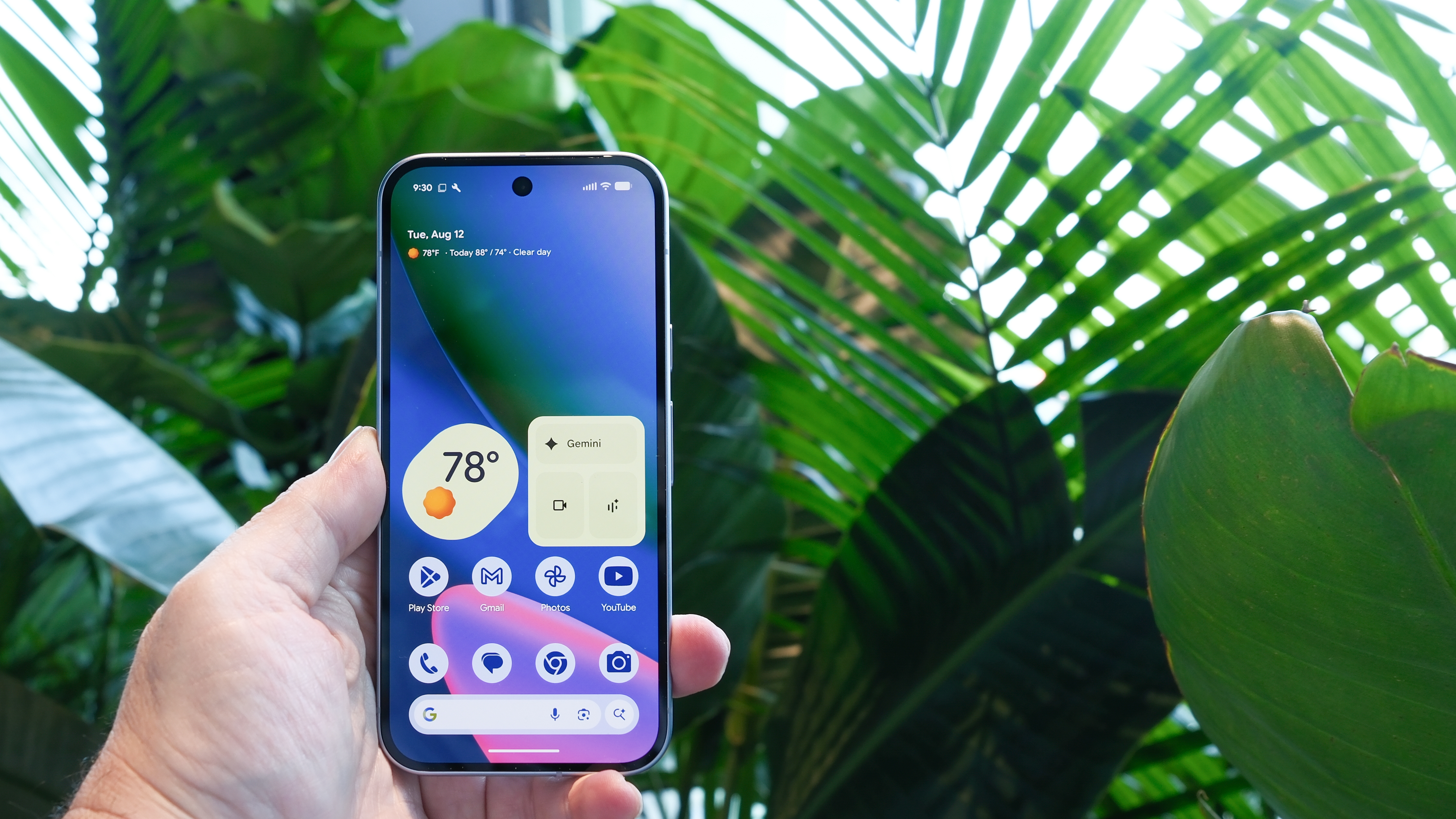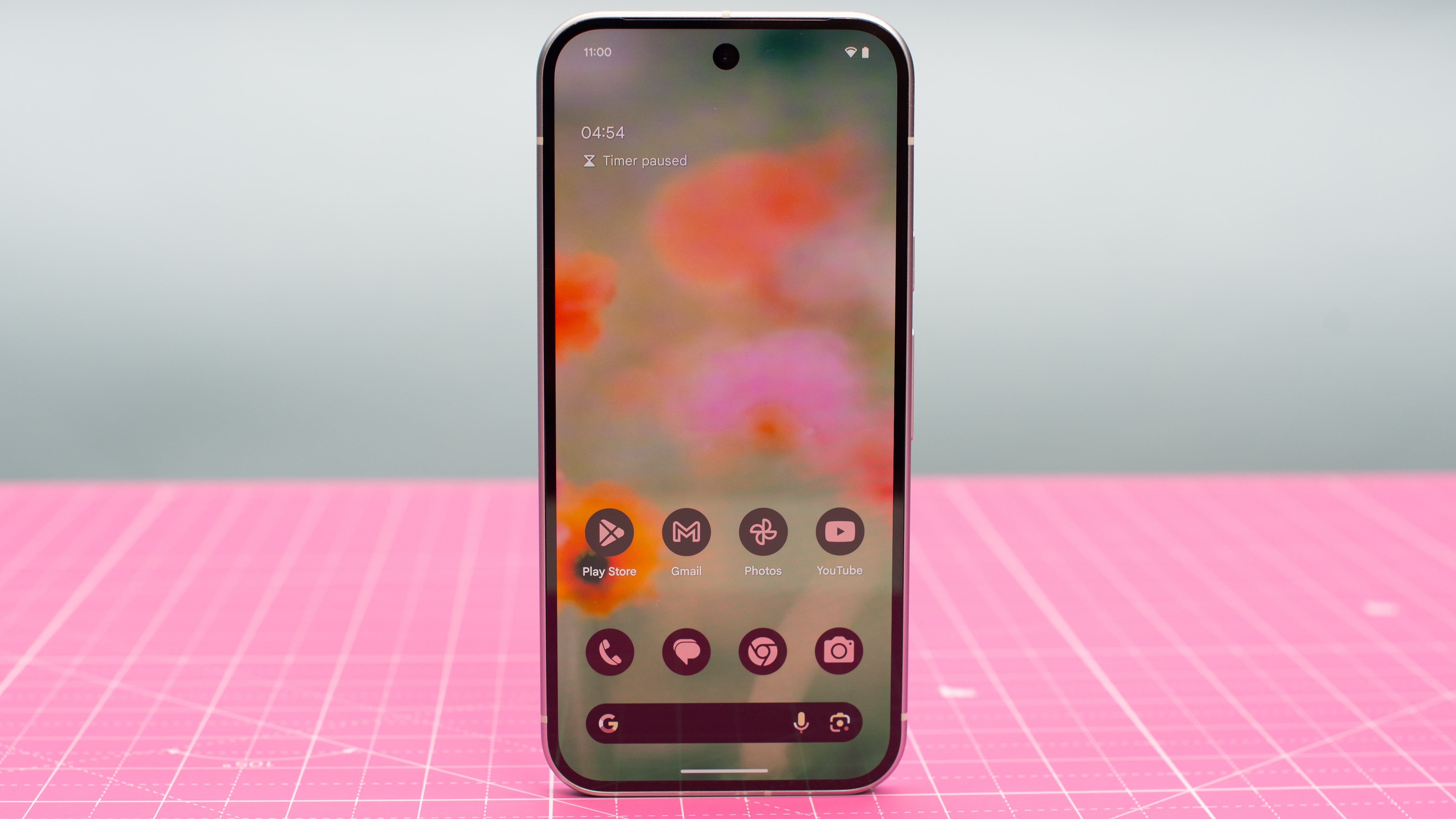Google will soon stop you sideloading unverified apps – here’s what that means for you
Sideload securely

Sign up for breaking news, reviews, opinion, top tech deals, and more.
You are now subscribed
Your newsletter sign-up was successful
- Google has announced plans that will require app developers to verify their identity, even when not listing their apps on the Play Store
- This will hopefully reduce the number of malicious apps that can be sideloaded
- However, some Android fans are unhappy with this change
Sideloading refers to the process of downloading apps from sources outside of a phone's official app store, and Google will soon make big changes to the requirements for sideloaded apps on Android phones.
As announced on the Android Developers Blog, Google plans to block unverified apps from being installed on Android devices through sideloading. This means that, if you’re an app developer, then even if you don’t distribute your app through the Google Play Store, you’ll still need to verify your identity with Google.
The company states that it won’t check the content or functionality of apps that aren’t being listed on the Play Store, so it’s just an identity verification that developers will have to go through.
This change will be tested from October and will start rolling out more widely from March 2026, with 2027 targeted as the year in which it will become a global requirement for app developers.
More security, less freedom

What this should mean for users is that there’s less risk of downloading malicious apps when bypassing the Play Store. Google claims that this is the reason for the change, since developers will probably be less inclined to try and upload virus-riddled apps if Google has their identity.
But despite this, many Android users seem unhappy with the planned change. In a Reddit thread, responses include the likes of “awful decision”, we’re “close to a very dark place”, and “I guess I will be buying an iPhone as my next upgrade."
The complaints largely seem to stem from the sense that Google is cutting down on freedom and moving closer to the walled garden approach of Apple. Some also speculate that this move might be being made to prevent apps that can block adverts on YouTube – although if, as Google claims, the content of the apps isn’t being looked at, then that might not happen.
Sign up for breaking news, reviews, opinion, top tech deals, and more.
So, whether this is a good or bad move is rather subjective, but the vast majority of Android users probably won’t be affected at all, since if you download all your apps from the Google Play Store, then nothing is changing for you.
You might also like
James is a freelance phones, tablets and wearables writer and sub-editor at TechRadar. He has a love for everything ‘smart’, from watches to lights, and can often be found arguing with AI assistants or drowning in the latest apps. James also contributes to 3G.co.uk, 4G.co.uk and 5G.co.uk and has written for T3, Digital Camera World, Clarity Media and others, with work on the web, in print and on TV.
You must confirm your public display name before commenting
Please logout and then login again, you will then be prompted to enter your display name.